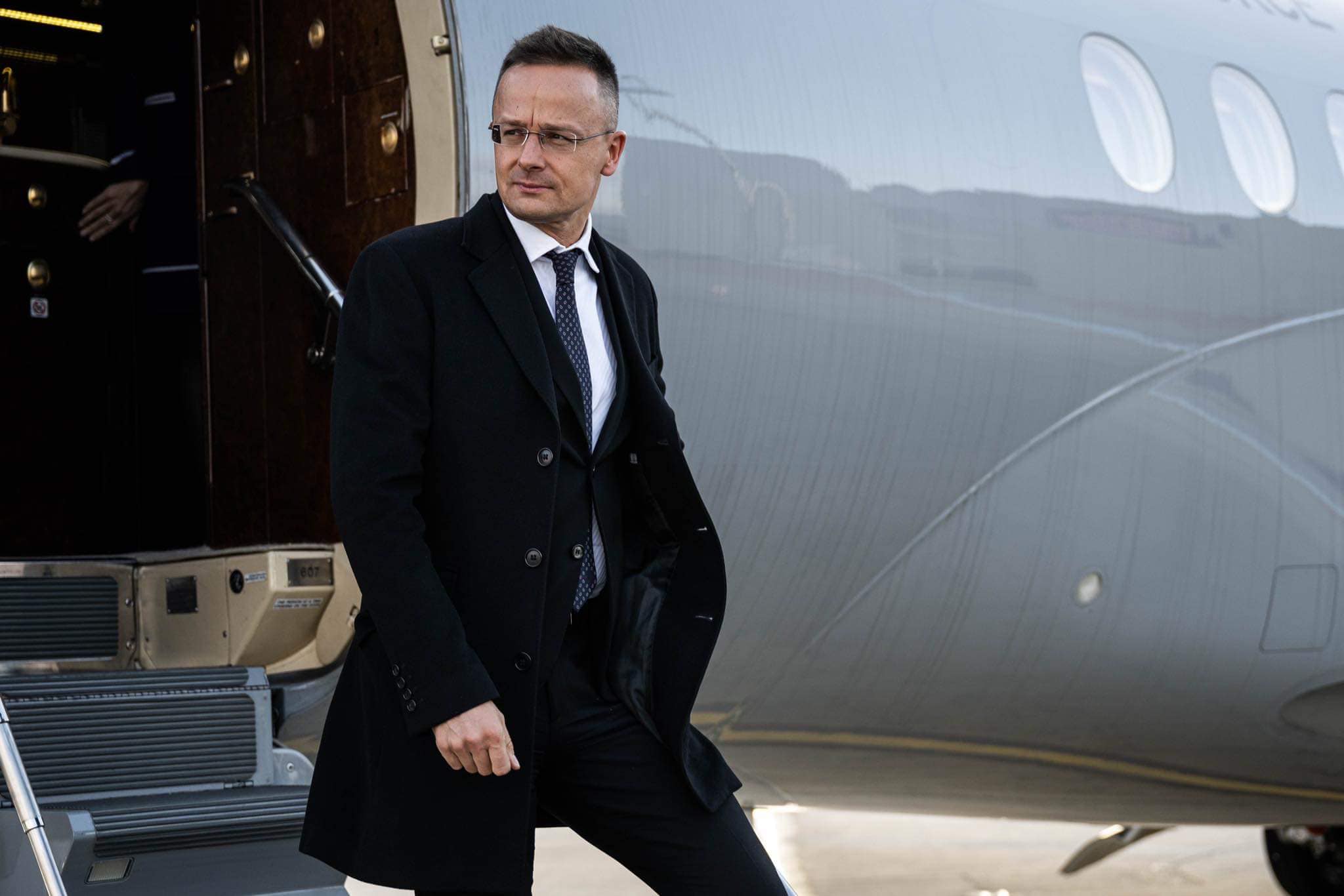
The fact that Hungary is cooperating with Russia on energy issues is not out of political preferences or for fun, but the region's infrastructure, says the Foreign Minister.Continue reading

The energy crisis has significantly reduced the proportion of people in the European Union who reject nuclear technology. While in autumn 2021, 26 percent of European citizens were against the use of nuclear energy, by autumn 2022, this proportion fell to 15 percent, according to a Europe Project survey by Hungarian think-tank Századvég Foundation, the results of which were reported to MTI on Wednesday.
The statement read: “following a series of warnings by professional organizations, the energy crisis has shown in practice” that Europe needs nuclear power plants because they can provide reliable, cheap, and low-emission energy on a continent facing a severe capacity shortage. They said that
some of the political elite in the West, however, continue to cling to their ideology-driven, anti-nuclear stance, pushing for the closure of existing plants and blocking new investments.”
At the same time, the shift in European public opinion towards support for nuclear energy has accelerated significantly in the last year. The proportion of those who say the nuclear technology should produce a “lot” or “most” of the country’s energy has risen from 26 to 40 percent. Among moderates who said not too much or too little, the proportion remained unchanged at 35 percent. And the proportion of anti-nuclear voters has fallen to 15 percent, down from 26 percent previously, according to the report.
In the longer term, Századvég said the change was even more striking. As an example,
the proportions of those in favor of and against nuclear power have reversed in six years:
while 41 percent rejected the technology in 2016 and 15 percent supported it, the proportion of pro-nuclear citizens has now risen to 40 percent and the proportion of anti-nuclear ones has fallen to 15 percent.
The survey also pointed out that there are still large differences in support for nuclear energy across EU Member States, but that these differences are steadily narrowing with the dramatic shift away from nuclear in the “rejectionist” Member States. Most people in the Czech Republic, Bulgaria, and France believe that a lot of energy should be produced using nuclear power.
The two clearly pro-options (saying that either most or a lot of energy should be produced with nuclear energy) were chosen by a very high number of people in Hungary- more than two thirds (68 percent) of the population.
The report said that some of the anti-nuclear EU Member States still hold their relative position in the ranking of countries, but the level of rejection in these countries has also fallen significantly in a year, from 57 to 47 percent in notoriously anti-nuclear Austria, for example.
According to Századvég, the most instructive example is Germany, where, despite a decade-long anti-nuclear political campaign, the proportion of those who reject nuclear technology has fallen to less than a third in six years.
Germany decided to stop using nuclear power after the accident at the Fukushima nuclear power plant in Japan in 2011, and has maintained its position even in the current energy crisis, since a majority of Germans used to be against nuclear energy. In a surprising turn of events, however, the government announced in September that to maintain security of energy supply, the last two nuclear power plants in Germany will be closed in April 2023, instead of at the end of this year.
Similarly, in Belgium, the so-called Deleuze law of 2003, laid the foundations for the phasing out of nuclear energy in the country. Under the original government plans, Belgian nuclear power plants were to be shut down by 2025. But eventually, in the wake of the Russia-Ukraine war and rising energy prices, the Belgian government decided to extend the lifetime of the Doel 4 and Tihange 3 reactors by ten years until 2035, thereby ensuring energy security.
Featured photo via Pexels